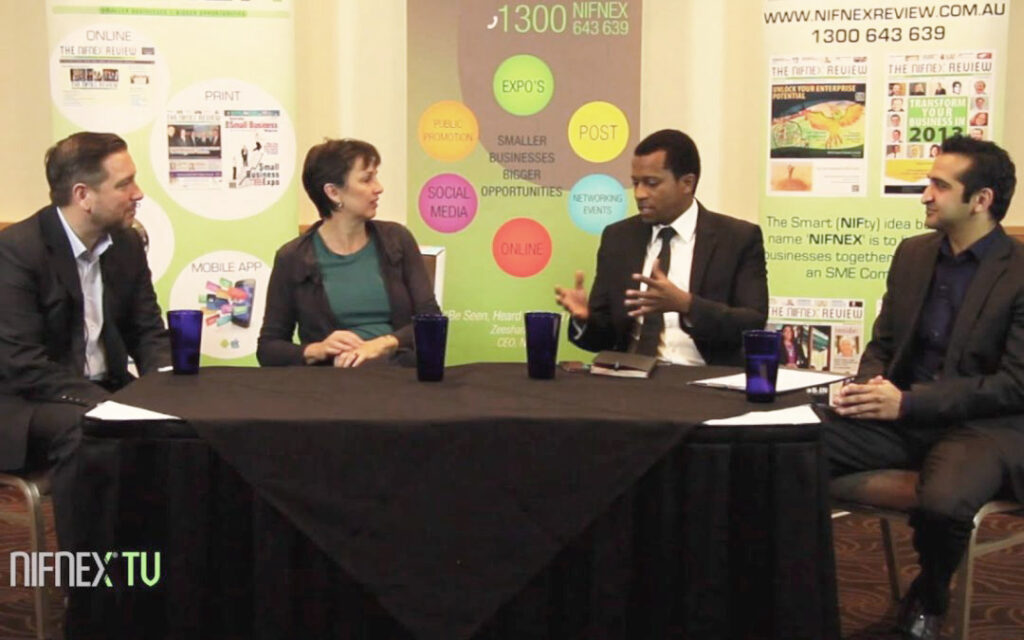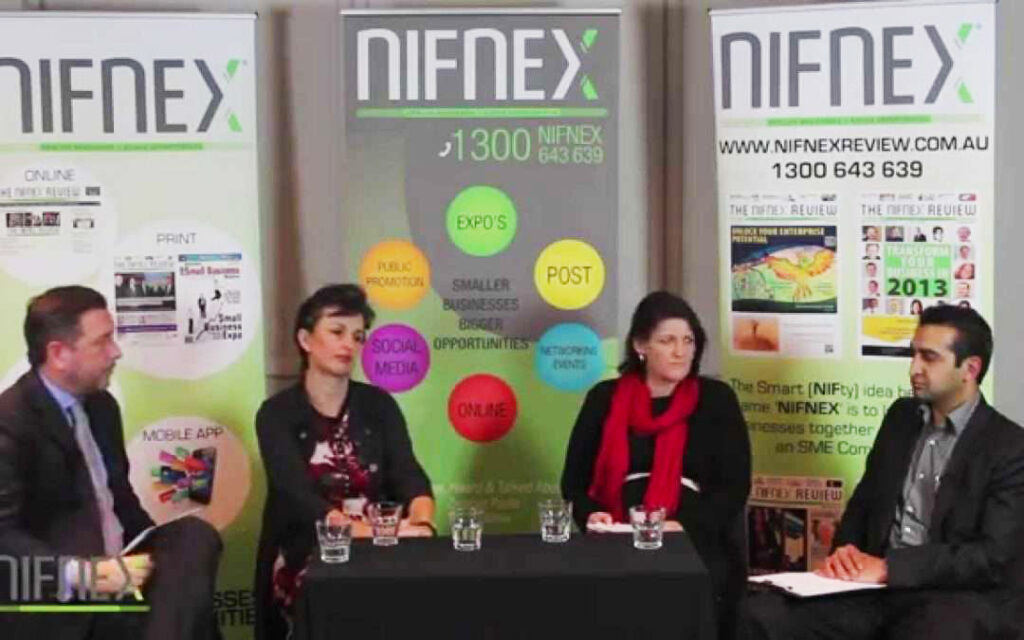In the competitive world of tender submissions, the ability to craft compelling and winning proposals is paramount. However, one of the most significant hurdles companies often face is the resourcing challenge associated with tender writing. This challenge encompasses not
only the need for skilled tender writers but also the allocation of adequate time and resources to manage the tender process effectively.
Understanding the Resourcing Challenge
At its core, the resourcing challenge in tender writing involves a complex balance of time, expertise, and strategic focus. Many organisations struggle to find the right talent who can understand the nuances of their industry and articulate their value propositions clearly in a tender document. Moreover, the intermittent nature of tenders can make it difficult to justify full-time positions for tender writing, leading many companies to rely on ad-hoc solutions that may not always yield the best results.
The Impact of Inadequate Resourcing
Inadequate resourcing can lead to several issues:
● Poorly Crafted Proposals: Without dedicated and skilled writers, proposals may lack the persuasive edge needed to stand out against competitors. The original copy produced becomes the template for future tenders, without regard for whether it hits the mark or now.
● Missed Opportunities: Insufficient resources often result in missed deadlines or overlooked requirements, leading to disqualified or subpar submissions.
● Increased Stress: The pressure to meet tender deadlines can place significant stress on staff, potentially affecting their performance across other projects. Everyone involved in writing tenders can attest to the stress of “pulling all-nighters” to get the tender submitted in time.
Recognizing these challenges is the first step towards optimising the tender writing process.
As we move forward, we will explore practical solutions and best practices that can help organisations streamline their tender writing efforts and enhance their chances of success.
Streamlining Processes with Technology
Embracing Technology in Tender Writing
To overcome resourcing challenges, integrating technology into the tender writing process can provide a significant advantage. Leveraging the right tools can automate mundane tasks, maintain consistency, and improve the overall quality of tender submissions.
Key Technological Solutions
1. Tender Management Software: These platforms offer a centralized space where all tender documents and communications are stored and managed. Features like templates, collaboration tools, and deadline reminders can streamline the entire process, ensuring nothing is overlooked.
2. Document Management Systems (DMS): A robust DMS can dramatically improve how documents are handled and maintained. Version control and access rights simplify collaboration across teams, which is especially crucial when multiple contributors are involved.
3. AI-Powered Writing Assistants: Artificial intelligence has found a place in helping to draft and refine proposal content. AI tools can suggest improvements, ensure tone consistency, and even help with language nuances, making each submission as persuasive as possible.
Benefits of Technology Integration
● Efficiency: Automation speeds up the preparation of proposals, from document creation to submission.
● Accuracy: Automated tools reduce human errors in document management and data entry.
● Scalability: Technology allows teams to handle multiple tenders simultaneously without compromising on quality.
Implementing Technology Wisely
However, while technology offers numerous benefits, it’s crucial to choose solutions that fit your organisation’s specific needs. A phased implementation approach can help teams adapt without overwhelming them, ensuring a smooth transition to new processes.
Best Practices in Resource Allocation
Strategic Resource Allocation in Tender Writing
Effective resource allocation is critical for enhancing the efficiency and success of tender writing efforts. Here are some best practices to ensure that resources are used judiciously and effectively.
1. Prioritise Tenders Strategically
Not all tenders offer the same value or likelihood of success. Develop a clear strategy to assess and prioritise tenders based on potential return on investment and alignment with your company’s strengths. This selective approach ensures that your best resources are focused on the most promising opportunities that position you more favourably to win.
2. Use a Dedicated Tender Team
Where resources allow, forming a dedicated tender team can significantly improve the quality of submissions. This team should encompass a mix of skills, including writing, project management, and technical expertise, depending on the nature of the tenders.
3. Flexible Staffing Solutions
For many businesses, maintaining a full-time tender team isn’t feasible. Instead, consider flexible staffing solutions such as hiring freelance tender writers or training existing staff in multiple roles. This flexibility can be crucial in managing resource fluctuations during busy tender periods.
4. Continuous Training and Development
Invest in regular training for team members involved in the tender process. Keeping skills sharp and updated, especially in persuasive writing and strategic bid management, can greatly enhance your team’s effectiveness.
5. Implement Regular Reviews
After each tender submission, conduct a review session to identify what went well and what could be improved. These insights can help refine your resource allocation strategies and improve future tender responses.
Harnessing Collaborative Efforts for Better Outcomes
Enhancing Collaboration in Tender Writing
Collaboration is key to successful tender writing, as it brings diverse perspectives and expertise to the table, ensuring a more comprehensive and competitive proposal. Here are ways to enhance collaboration:
1. Establish Clear Communication Channels
Effective communication is crucial for collaborative tender writing. Implementing tools like collaborative software, which offers real-time editing and feedback, can keep all team members aligned and informed throughout the writing process.
2. Define Roles and Responsibilities
To maximise efficiency, each team member should have a clear understanding of their roles and responsibilities. This clarity helps prevent overlap and ensures that all aspects of the tender are covered by the appropriate expertise.
3. Schedule Regular Meetings
Regular meetings, whether virtual or in-person, are essential for tracking progress and addressing any issues that arise. These check-ins allow team members to align their efforts and make necessary adjustments to the strategy.
4. Encourage a Culture of Feedback
A culture that encourages constructive feedback can greatly improve the quality of tender submissions. Team members should feel comfortable offering and receiving insights that sharpen the proposal and enhance its persuasive power.
5. Utilise Collaborative Writing Tools
Technologies that support collaborative writing and document management can greatly enhance the synchronicity of team efforts. These tools help maintain version control, provide access to real-time updates, and streamline the review process.
Navigating the complexities of tender writing requires a balanced approach to resourcing, the intelligent use of technology, effective resource allocation, and robust collaborative practices. By implementing these strategies, your organisation can enhance its tender
writing processes and increase its chances of securing valuable contracts.
For further assistance in optimising your tender writing efforts or to explore our specialised tender writing services, visit BidBuddy today. Let’s work together to transform your tender success rates.








